

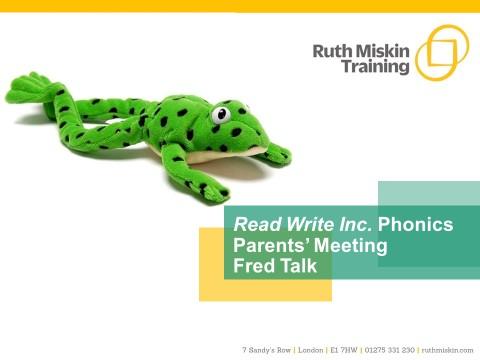





Parent video: How to say the sounds – YouTube
https://www.youtube.com/watch?v=yln6PpV1G1I






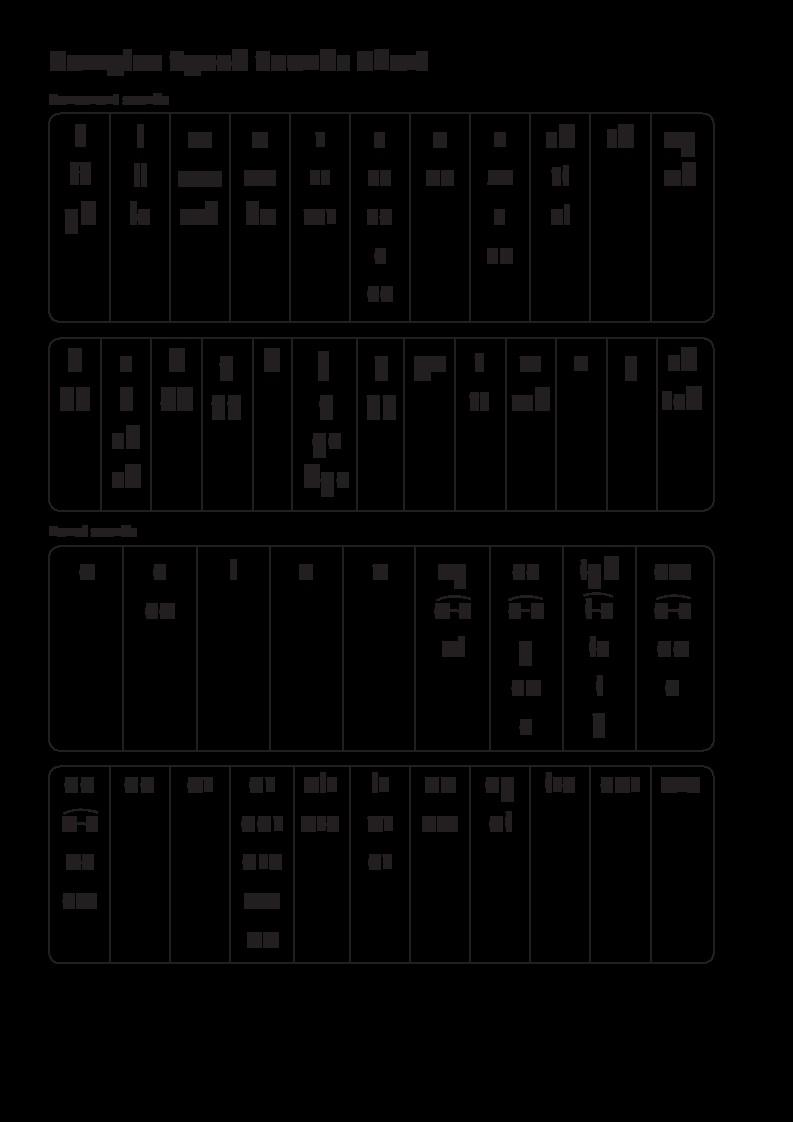











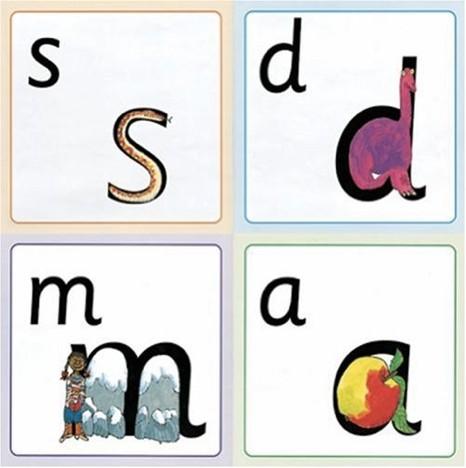

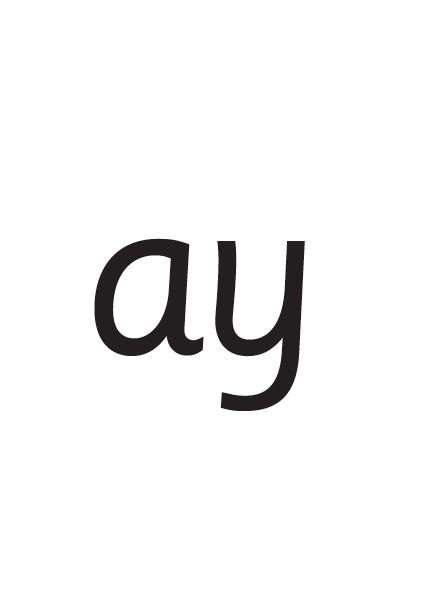




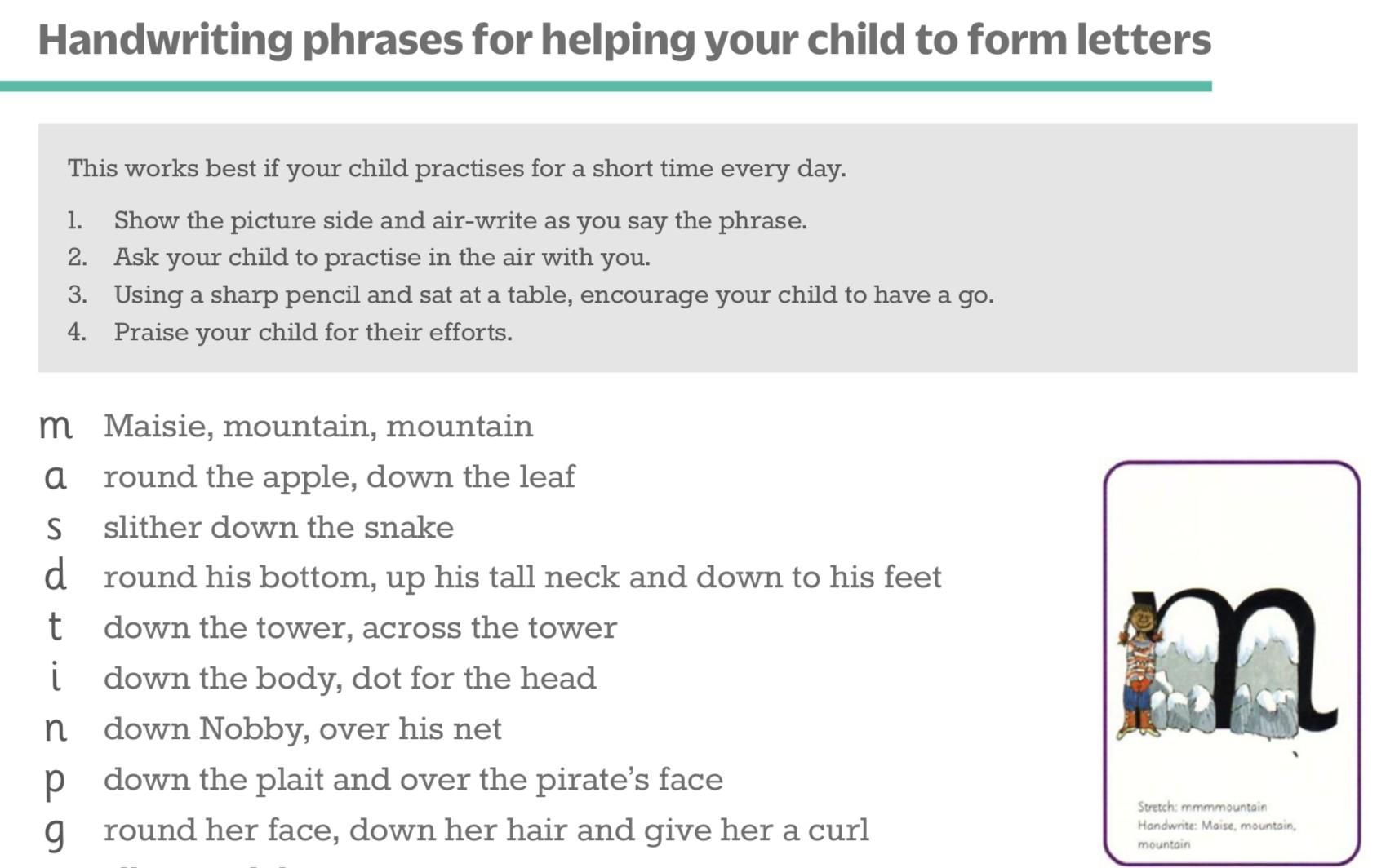

1. Look on ClassDojo regularly to see updates of what has been taught that week.
2. Practice recognising and writing the letters and digraphs with your child.
3. Practice spelling words with the digraphs included.
4. Follow the virtual classroom links or the QR codes we send home for practice session with an online teacher.

1. Say the word in sounds as Fred e.g. c-a-t.
2. Ask your child to repeat. Can they ‘jump-in’ with the whole word?
3. Say the word in sounds followed by the whole word e.g. c-a-t, cat
4. Ask your child to repeat

https://schools.ruthmiskin.com/training/module s/45






‘Special Friends’, ‘Fred Talk’, read the word



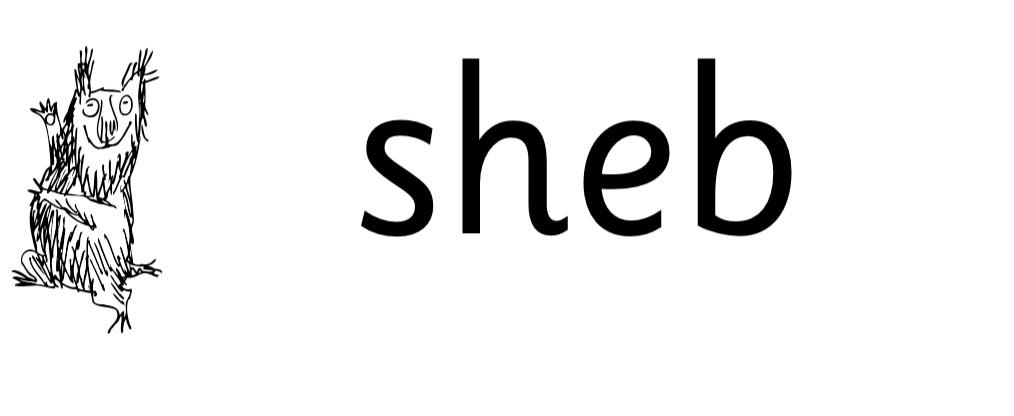



• A word-reading test at the end of Year 1. Usually the second week in June.
• Children read 40 words.
• Pass mark is 32.


.

• This is completed 1:1 with a class teacher or familiar teacher in school.
• The check is made up of real and nonsense words.
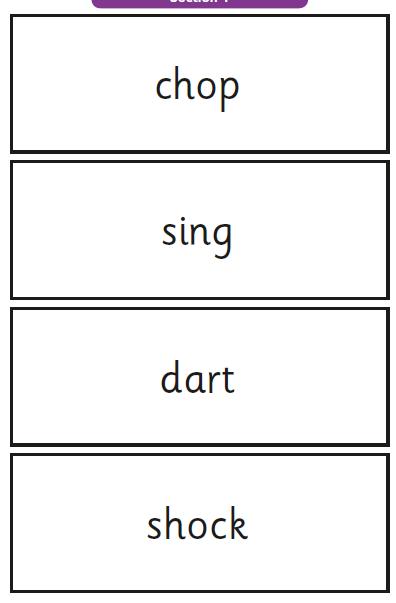
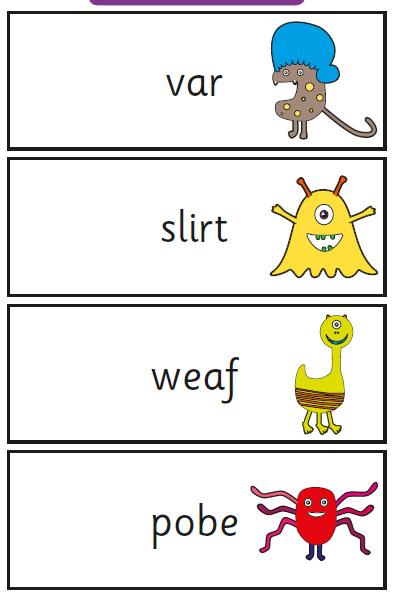
• We do lots of practice in school and throughout the year send home extra practices to help your child to achieve the pass mark.

• We will send home virtual classroom links via ClassDojo or by a QR code.
• Nearer to the time we will send home extra phonic activities to complete with your child.

Book Bag Books

• Extra reading practice at home
• Uniquely matched to the Read Write Inc. Phonics Storybooks.
• Reinforce children's learning of phonics at the appropriate level.
• Helps to make even faster progress in reading.

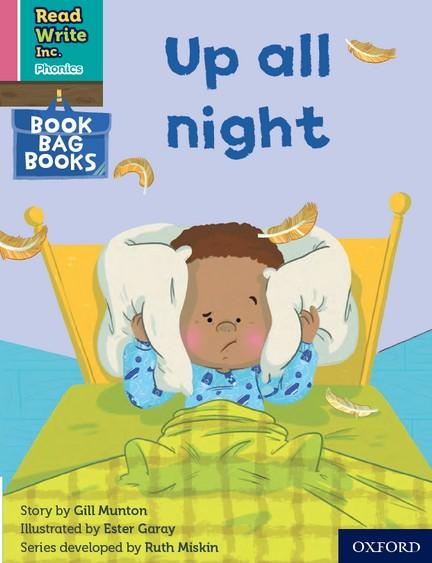
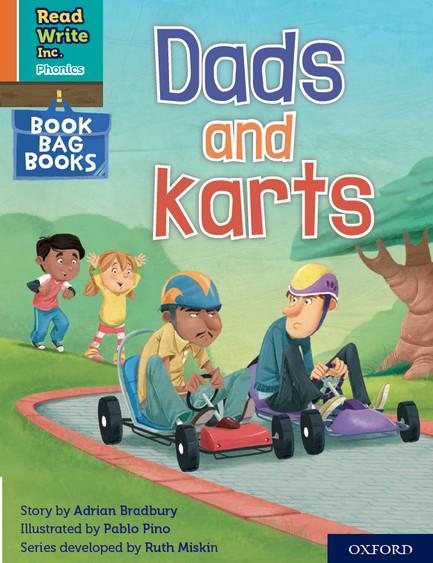



‘Special Friends’, ‘Fred Talk’, read the word





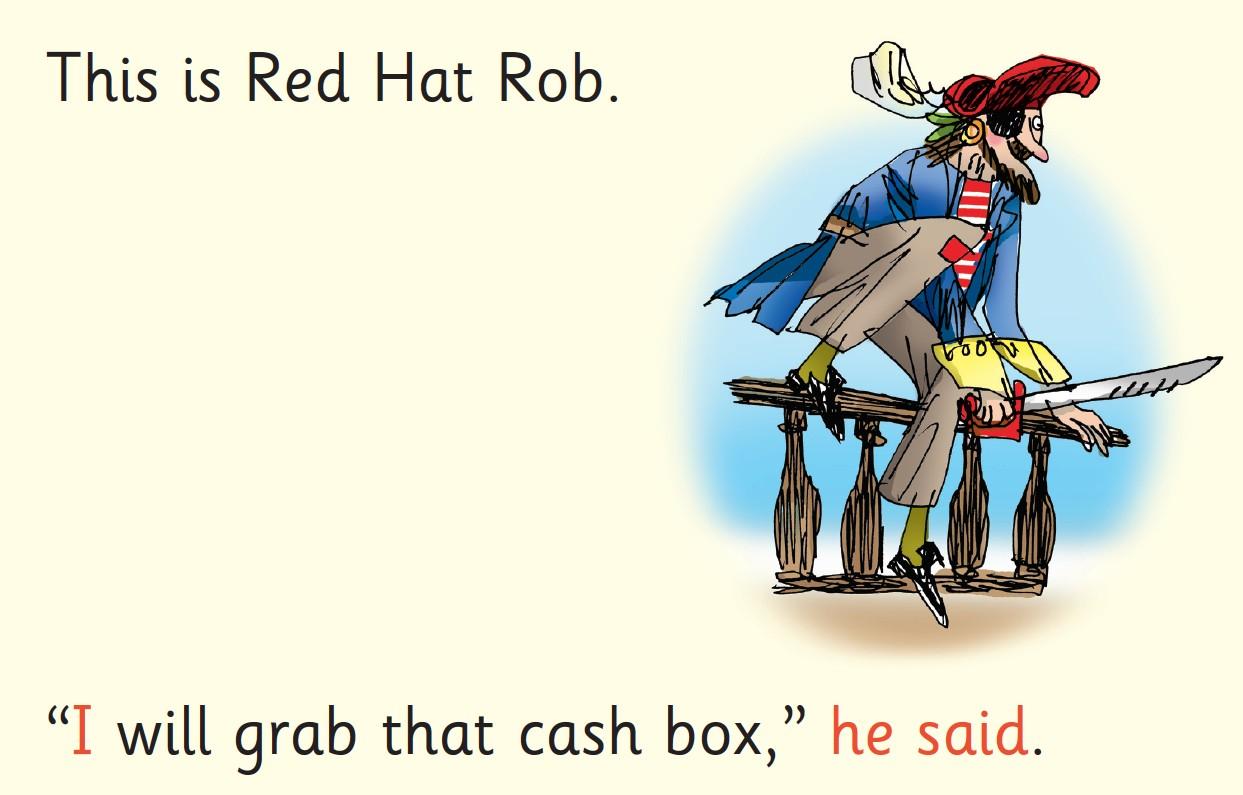


Lets look at some books !
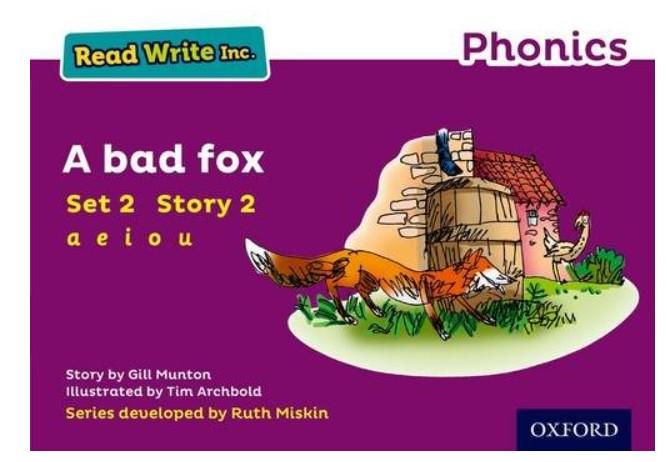
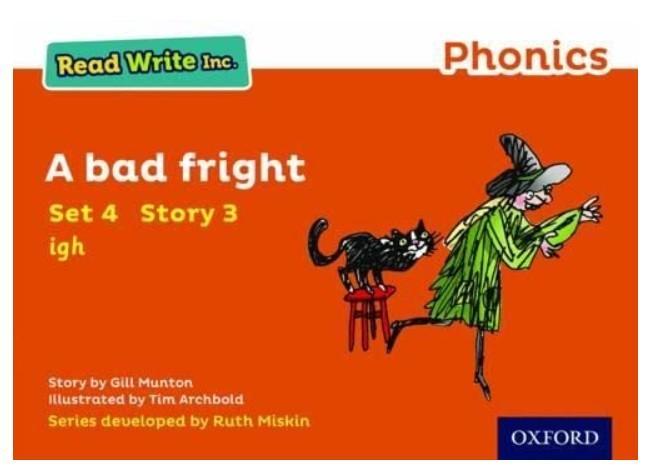

What can you do?
• Listen to your child read the same Storybook again and again
• Encourage them to use ’Special Friends’, ‘Fred Talk’, ‘read the word’
• Discuss the story and encourage their storyteller voice.
• Ensure children return their back by Thursday to get a new one on Friday.





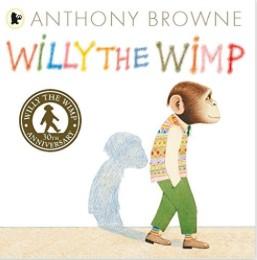
Reading to your child is so important. As well as being a lovely bonding time, reading to children develops their imagination and their understanding of the world. It also develops their language and vocabulary, which is so important in the early years and throughout life.

By the time they are five, a child who...
• is never read to, has experienced around 4,622 words
• is read to 1-2 times a week - around 63,570 words
• is read to 3-5 times a week - around 169,520 words
• is read to daily - around 296,600 words
• has five books a day - around 1,483,300 words
Reading to children is vital however old they are - even when they can read by themselves!

